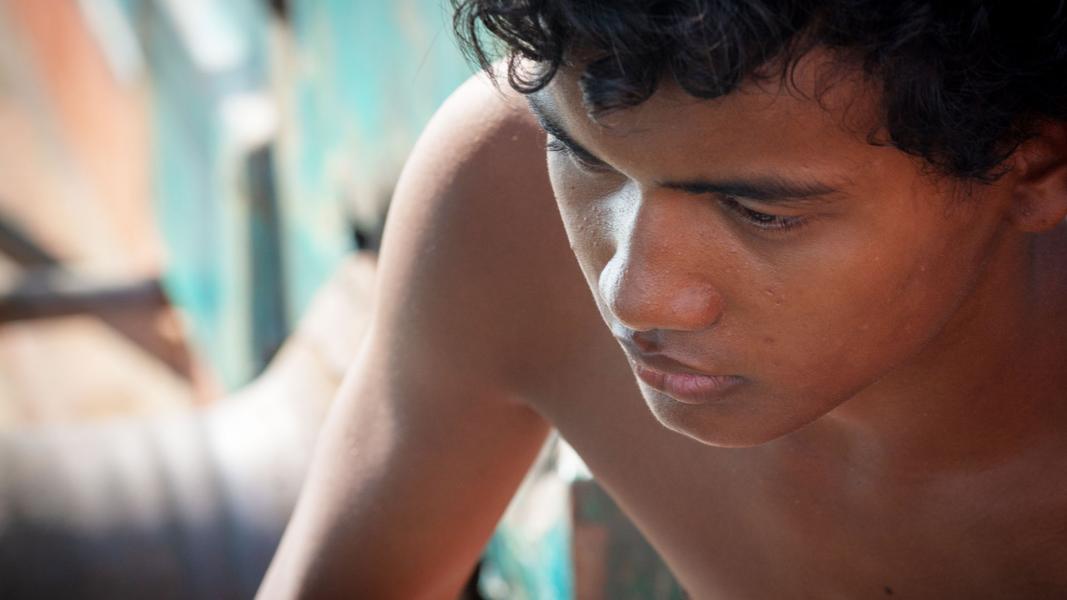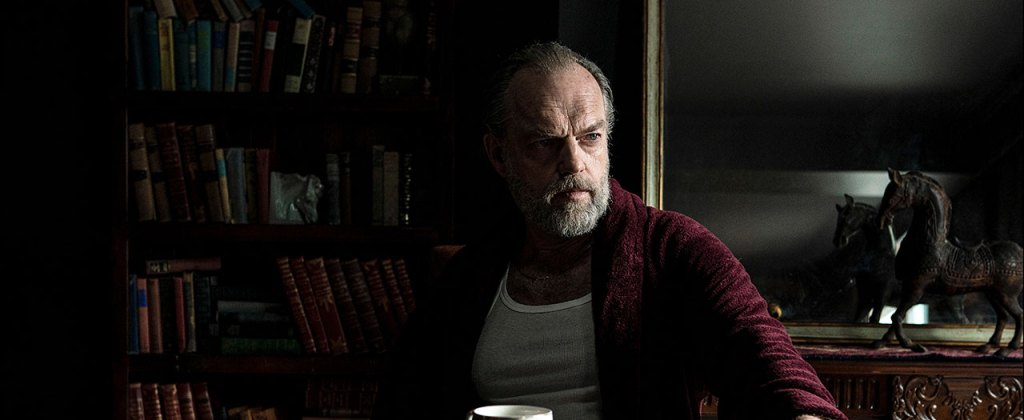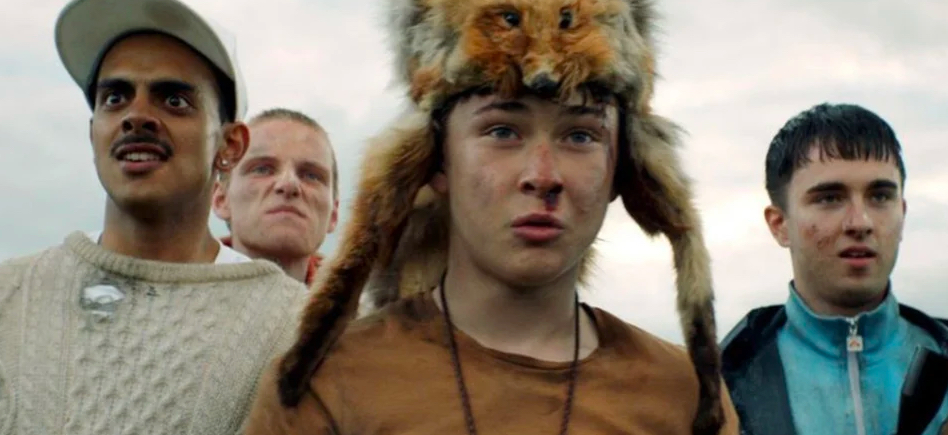Blackbird
by Darren Tilby
Based on his own Danish-language film Silent Heart, writer Christian Torpe partners with director Roger Michell for the Anglo-American remake, Blackbird. You likely know the story already: an ailing matriarch invites her fractured family around to stay for one last weekend of joy and festivities before she plans to end her life through euthanasia. But, as is so often the case in films like this, everyone’s a long way from even pretending to play happy family.
Susan Sarandon stars as Lily, the head of the family unit. Sam Neill puts in a career-high as Paul, Lily’s husband, who proceeds with a stoic, removed air about his wife’s illness and impending self-death.
Kate Winslet’s Jennifer is the first to arrive, early, along with husband Michael (Rainn Wilson) and son Johnathan (Anson Boon). Straight-laced and proud, Jennifer is the polar opposite of her younger sister, Anna (Mia Wasikowska); a flighty young woman who traipses in late, “looking like shit,” with girlfriend Chris (Bex Taylor-Klaus) in tow.
Completing the family unit is Liz (Lindsay Duncan), Lily’s oldest and dearest friend.
As you can probably tell, the film’s main attraction is its star-studded cast. A sea of riveting performances is what awaits us and Torpe’s well-written, character-establishing (and building) dialogue make these people come alive and feel genuine—even if some of their actions don’t. Indeed, Michell relies heavily on the strength of his actors to deliver the emotional clout the movie promises. There’s no denying the cast is up to the task, although other aspects of the film feeling like an afterthought.
The plot mechanics are hackneyed and unoriginal, while Peter Gregson’s score feels generic and uninspired. Mike Ely’s crystalline visuals, though, are an absolute delight, and effortlessly reflect the beauty and tragedy of both life and death.
It’s unoriginal, and it’s certainly not perfect, but this is a beautiful piece of filmmaking about the celebration of life, love and family, rather than the sadness of death and loss. And it brought tears to my eyes on more than one occasion.













